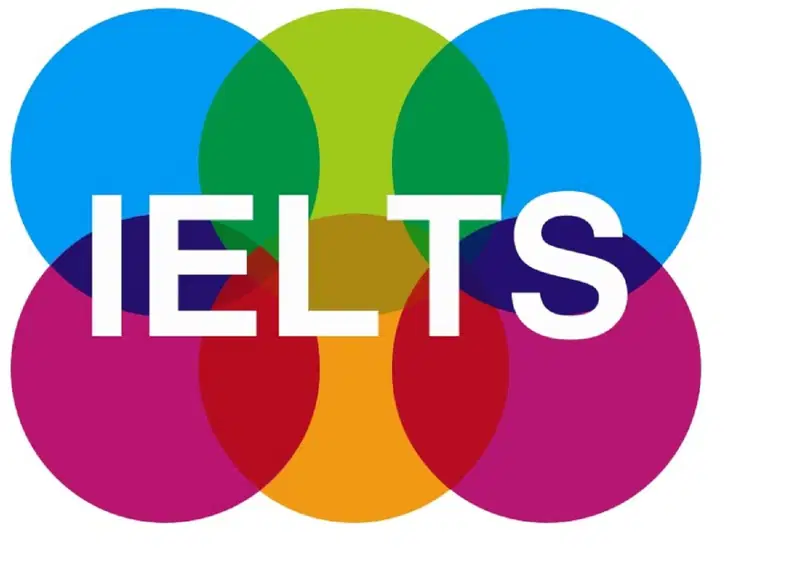
Whether you take the general training or academic IELTS test, adequate preparation is required to achieve a high score. The IELTS writing test is divided into two sections: Task 1 is in a red answer booklet and Task 2 is in a black answer booklet, and both must be completed within 60 minutes.
To ensure fairness and accuracy while grading IELTS writing tasks, the exam body has assigned at least two seasoned IELTS examiners to review your script.
The criteria that examiners look out for are coherence and cohesion, lexical resource, grammatical range, and accuracy, and each of these criteria is worth 25 percent of your total score for the essay writing task. Both of your writing tasks are used to calculate your overall writing band score.
Plan your time
You have 60 minutes to complete two tasks, as Task 1 takes 20 minutes and Task 2 is allocated 40 minutes. Task 2 carries more marks, so devote more time to planning and writing it.
You should spend 5-10 minutes reading the essay question and planning your response. Spend 15 to 20 minutes composing your first draft and another 10 minutes revising and editing your essay. This simple plan will help you manage your time effectively in the IELTS writing test.
Read the question carefully
Before you start writing, take a moment to read the question thoroughly. Once you understand the question, ensure you answer all aspects of the task correctly. Task 1 mainly requires you to describe data or processes, while Task 2 asks for your opinion or arguments. Read carefully and identify the core elements of each task so you do not misinterpret the questions.
Highlight the issues to address
To stay focused on the task, look for trends, comparisons, or specific details to describe the key points or issues you need to cover in Task 1. In Task 2, identify the viewpoints, arguments, or examples you’ll need to include in your essay.
Draft your answers
Make a quick plan or outline before you start writing. Choose a pattern in which you show the data, trends, or steps for Task 1. Outline your primary contention, illustrative evidence, and examples in Task 2. Writing down your responses in advance helps you arrange your ideas and guarantees that they make sense. Remember the general rule of ease: the introduction, body, and conclusion, and ensure you write above the required number of words.
Show off your vocabulary
Having a wide vocabulary is crucial to getting a good band score. To show that you are proficient in the language, use exact and varied words, but stay away from words that are too complicated or unusual. To successfully communicate your ideas, use synonyms and phrases appropriate for the situation rather than repeating the same words.
Use a mix of sentence structures
Use a range of sentence constructions because IELTS examiners evaluate your level of grammar knowledge. You may prove your proficiency with various grammatical forms by using basic, compound, and complex sentences. The variety not only makes your writing better but also shows that you can express yourself clearly and concisely.
Perfect your punctuation
Good use of punctuation like colons, semicolons, commas, and periods correctly is a key component of clear writing that will help your writing flow naturally and prevent misunderstandings. Take extra care when writing complex sentences and lists, making sure your punctuation is correct to enhance the readability of your work.
Know when to use formal language
Avoid the use of slang, contractions (e.g., “won’t,” “can’t”), and overly casual expressions, and ensure that your tone should be formal and academic in answering both tasks. But it’s important to strike a balance; avoid using too complicated vocabulary in your writing simply to make it seem formal. Keep your language simple, clear, and appropriate for the task.
Edit your essay
After writing, pause to check your work for mistakes or areas that need improvement and check the coherence, clarity, and relevancy. Ensure that your thoughts are coherent and that every aspect of the question has been answered.
Proofread your essay
The proofreading stage is the last one. Make sure your essay is free of spelling, grammar, and inappropriatephrasing flaws. Your writing will be polished and professional if you proofread it. A comprehensive assessment can significantly impact your final band score because minor mistakes can reduce your overall score.


